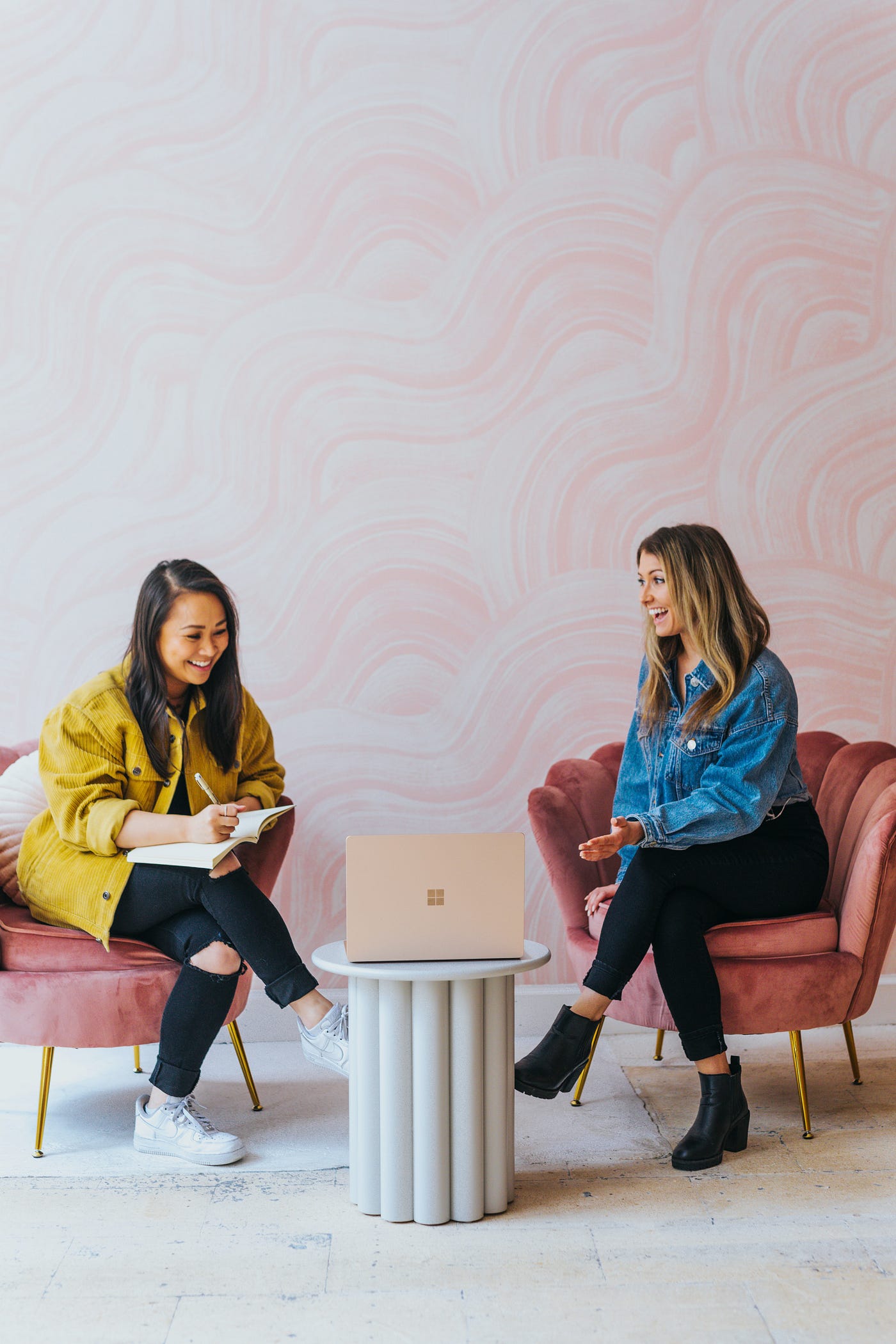

Things you should know before conducting research?
source link: https://uxplanet.org/things-you-should-know-before-conducting-research-e863207cb0c6?source=collection_home---4------1-----------------------&gi=414df44d0ffc
Go to the source link to view the article. You can view the picture content, updated content and better typesetting reading experience. If the link is broken, please click the button below to view the snapshot at that time.
Things you should know before conducting research?
If you are a Designer, product person, or a researcher this article is for you.

At times, we all have found ourselves in the situation, where for a particular project we decided to conduct research. The purpose of the research is to collect data around a particular product or a product feature to scratch the surface a little more. Research got concluded and the team still ended with vague insights which are hard to turn into actionable steps or meaningful design goals and user goals.
Perhaps, one of the reasons for that you got what you asked for from the users. Just because you have gathered a good amount of data from the research does not necessarily make it meaningful or quality data to come up with good insights.
Amount of data does not relate to the quality of data.
Most often than not, we are asking the wrong questions in the wrong manner and hence it should come as no surprise why we didn’t end up with the data that feels right or insightful. It’s highly critical and important to define the right agenda and right questions for the research. Not many people understand the difference between the two.
‘Research agenda’ at a high level defines what you want to know from this research and ‘Research questions’define the way, in which manner, and what all you going to ask your user to achieve the defined Research agenda. Research agenda and research questions are not the same things.
As I always say, examples are the best way to explain something. So let's take a hypothetical situation:
“A company wants to install a hot beverage machine in their offices for their employees and before making a contract for installations they want to know whether they should be installing a tea machine or a coffee machine for their employees?”
The research agenda here is to understand what the majority of employees like whether it's tea or coffee?
Now, a common but not right, way of forming a research question can look like this,
Researcher to a user: what do you like to drink tea or coffee?
You wondering, what’s wrong with asking the user directly and getting an answer. It looks quite simple and straightforward way to achieve the research agenda/goal. What's not simple and straightforward are humans. As humans, we like to present ourselves in one way whereas we behave in a completely different manner. Also, What people like have no relation to how they behave.
So what’s the right research question look like?
“ In your regular working day, when do you take a break and what are the things you do in your break time?”
When you ask such a question, the user is bound to think about the activities they perform during their break and while mentioning they gonna slip you the information you looking for i.e whether they drink tea or coffee. Then to validate it more you can further poke the user with other follow-up questions.
Form the questions in a way that helps in understanding the behavior of the user.
At its core, Research is a good and meaningful conversation held between two people. The agenda of the research session is not to interview the user but to have a great conversation that your user enjoys. And to have a good conversation it's important that your user feel comfortable in their space while talking with the researcher.
To set this comfort at the beginning, we generally start the research questions by asking a few simple and easy questions which may not relate to the research agenda but they are merely being asked to set the rapport and let the user get comfortable.
Your main task is to define at a high level the flow of conversation so that you can guide the conversation as per you to achieve the desired results.
Hope it helps :) Leave a comment if you have any questions about it.
Recommend
About Joyk
Aggregate valuable and interesting links.
Joyk means Joy of geeK